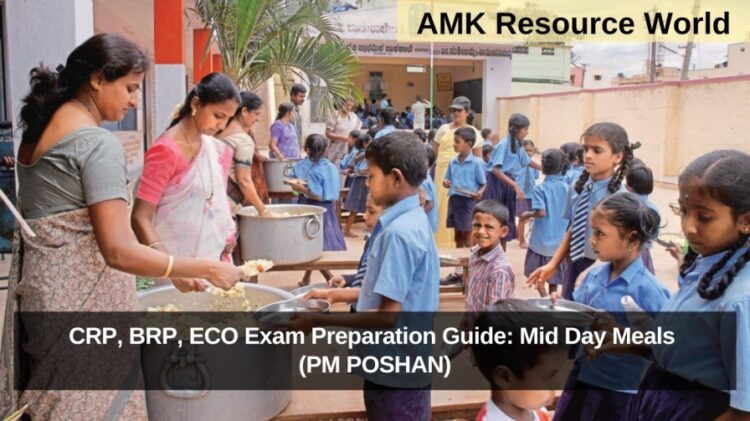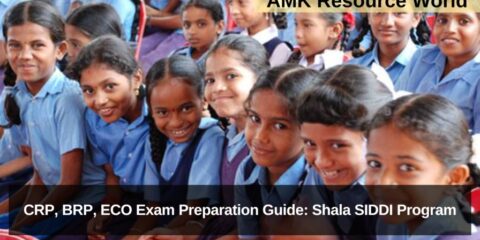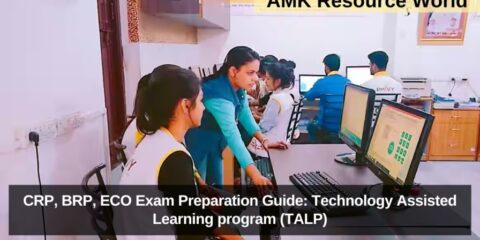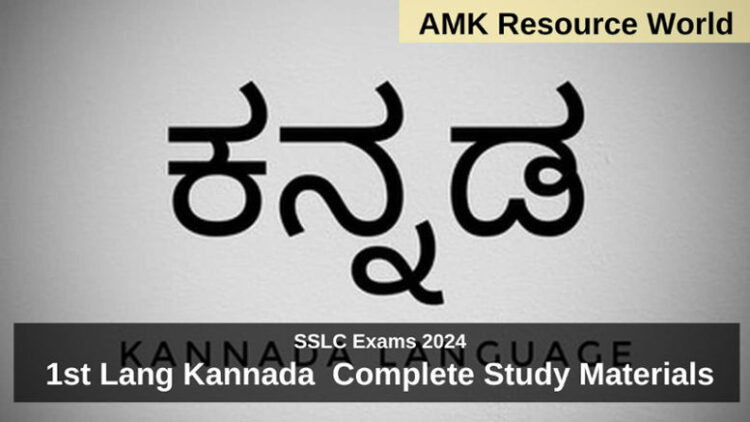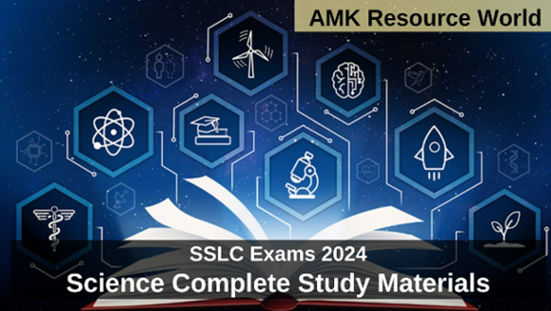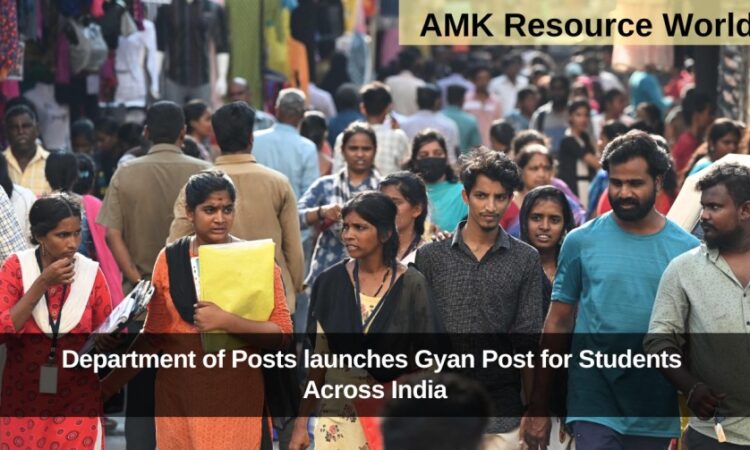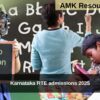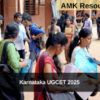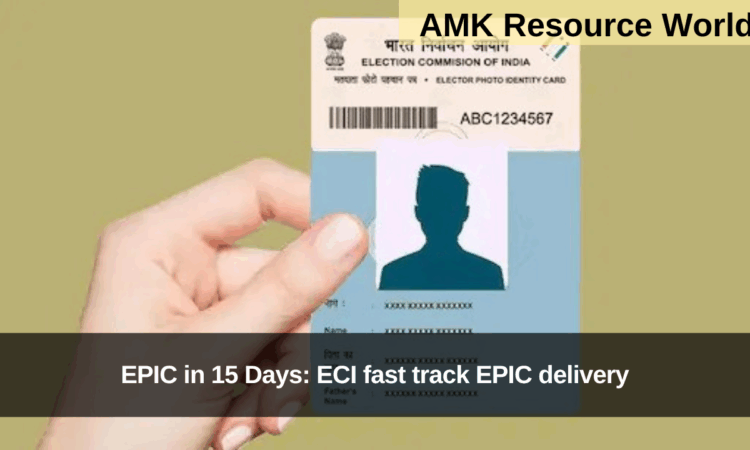The Mid Day Meal Scheme, now rebranded as PM POSHAN (Pradhan Mantri Poshan Shakti Nirman), is one of India’s most significant initiatives aimed at improving the nutritional status of school children while also promoting school attendance and retention. Launched in 1995 and revamped in 2021, PM POSHAN continues to serve as a vital pillar of India’s education and health framework.
OBJECTIVES
The core objectives of the PM POSHAN scheme are:
- To provide nutritious cooked meals to school children.
- To improve enrollment, attendance, and retention in schools.
- To promote social equity through a shared eating experience among children from diverse socio-economic backgrounds.
- To support the nutritional needs of children, thereby enhancing learning outcomes.
PM POSHAN covers all children studying in Government, Government-aided schools, and Special Training Centres from Classes 1 to 8. Over 11.8 crore children across 11.2 lakh schools benefit from the scheme nationwide. The scheme provides one hot cooked meal every school day, ensuring minimum nutritional standards are met.
NUTRITIONAL NORMS
The meals served under PM POSHAN are expected to meet the following daily nutritional requirements:
- Primary classes (1–5): 450 calories and 12 grams of protein.
- Upper primary classes (6–8): 700 calories and 20 grams of protein.
Ingredients typically include rice, pulses, vegetables, oil, and occasionally eggs or milk, depending on state policies and local availability.
RECENT REFORMS AND FEATURES
Under the PM POSHAN revamp in 2021:
- The scheme was extended to include pre-primary students (Balvatikas).
- School Nutrition Gardens are being promoted to encourage local food sourcing and student engagement.
- Social audits, nutrition cards, and the use of information technology in monitoring were introduced to increase transparency and efficiency.
| Also read: CRP, BRP, ECO Exam Preparation Guide: National Commission for Protection of Child Rights (NCPCR) |
- States are encouraged to involve Women’s Self Help Groups, local farmers, and community members in meal preparation and supervision.
The PM POSHAN scheme has significantly contributed to reducing classroom hunger, improving nutritional standards, and enhancing school participation, especially among economically disadvantaged groups. It also acts as a safety net for millions of children who rely on it as a major source of daily nutrition.
PM POSHAN is not just a food security program but a powerful tool for educational equity, child welfare, and social inclusion. With consistent monitoring and innovation, it continues to uplift the lives of millions of children across India.
MULTIPLE CHOICE QUESTIONS WITH KEY
| MCQ | CLICK HERE |
RESOURCE HANDBOOKS
| Handbook 1 | CLICK HERE |
| Handbook 2 | CLICK HERE |
| Handbook 3 | CLICK HERE |
| Handbook 4 | CLICK HERE |
